
views
The Centre has tweaked the key eligibility conditions for one of its most ambitious projects of laying a 1900-km long submarine cable system between Kochi and Lakshadweep Islands. This move came after domestic telecom industry bodies had complained to the Telecom Ministry and the PMO that the eligibility conditions for the global tender did not give a level playing field to the Indian companies.
The Rs 1072-crore project of BSNL, approved by Union Cabinet last December, involves laying a dedicated cable system using 6 fiber pair with 200 Gbps initial traffic capacity to connect all 11 islands of Lakshadweep.
Presently, the only medium of providing telecom connectivity to Lakshadweep is through satellites, but the bandwidth available is limited to 1 Gbps. A global tender to implement the project was invited in March but soon ran afoul of domestic companies who alleged that it was weighed in the favour of international companies due to stiff eligibility conditions.
The Telecom Equipment Manufacturers Association (TEMA) and the PHD Chambers of Commerce then wrote letters to DoT and the PMO, saying this may result in a single foreign-bidder situation.
The Changes
Changes have now been made to the tender changing two key eligibility conditions. One, the requirement of cumulative turnover of last three financial years of a bidding company has been reduced from Rs 1,400 crore to Rs 600 crore. Another condition put earlier was that the bidding company or its parent/holding company should have executed at least two global submarine projects over the last 12 years, including one using “repeatered technology”, with each being at least 1000 kms in length with deployment depth of 3000 meters. This has now been changed to say at least two projects executed by the company of any technology should be of at least 1000 km length but the deployment depth of the same has been changed to 2000 meters.
The condition for having deployed submarine line repeaters and cable for “up to 500 kms” remains the same as the earlier tender but the depth of deployment of the same has been changed now to 2000 meters from 3000 meters requirement earlier. The condition of having experience of manufacturing at least 1000 km of Repeatered submarine cable and 2000 km of non-repeatered submarine cable during the last 12 years, also remains the same.
What Domestic Industry Bodies had objected to
Industry bodies had complained that the BSNL’s tender for the project was on similar lines as the earlier Chennai-Andaman Nicobar Islands Submarine Cable Project that was bagged by a Japanese consortium in a single bid. The Kochi-Lakshadweep project is supposed to be executed with one repeatered segment from Kochi to Minicoy and twelve non-repeatered segments to the other islands.
The Indian industry bodies had objected to inclusion of repeatered technology in one of the segments of the project, saying the technology is available only with a few foreign companies. They also said the earlier conditions like three-year- cumulative turnover of over Rs 1,400 crore and requirement of experience of deploying repeater cable for at 1000 kms at depth of 3000 meters was restrictive in nature for the Indian companies.
The bid was floated in ‘Make in India’ preferential bidder category. The project would connect 11 islands of Lakshwadeep – Androth, Amini, Kadmat, Kiltan, Chetlat, Bitra, Bangaram, Agatti, Kavaratiti, Kalpeni & Minicoy with a dedicated submarine cable.
Read all the Latest News, Breaking News and Coronavirus News here.











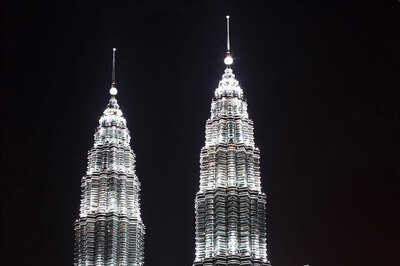
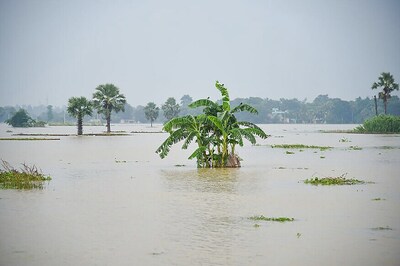

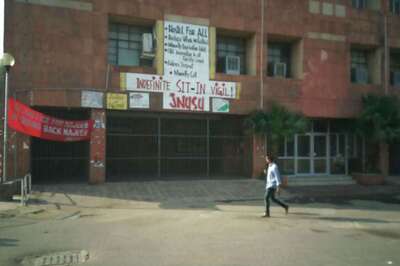
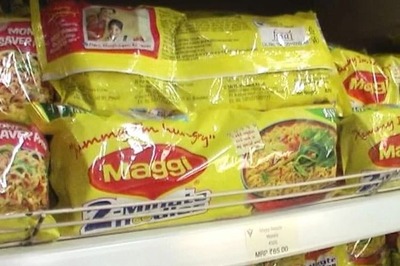


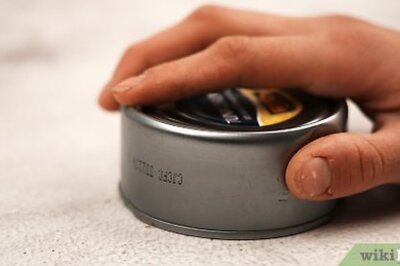

Comments
0 comment